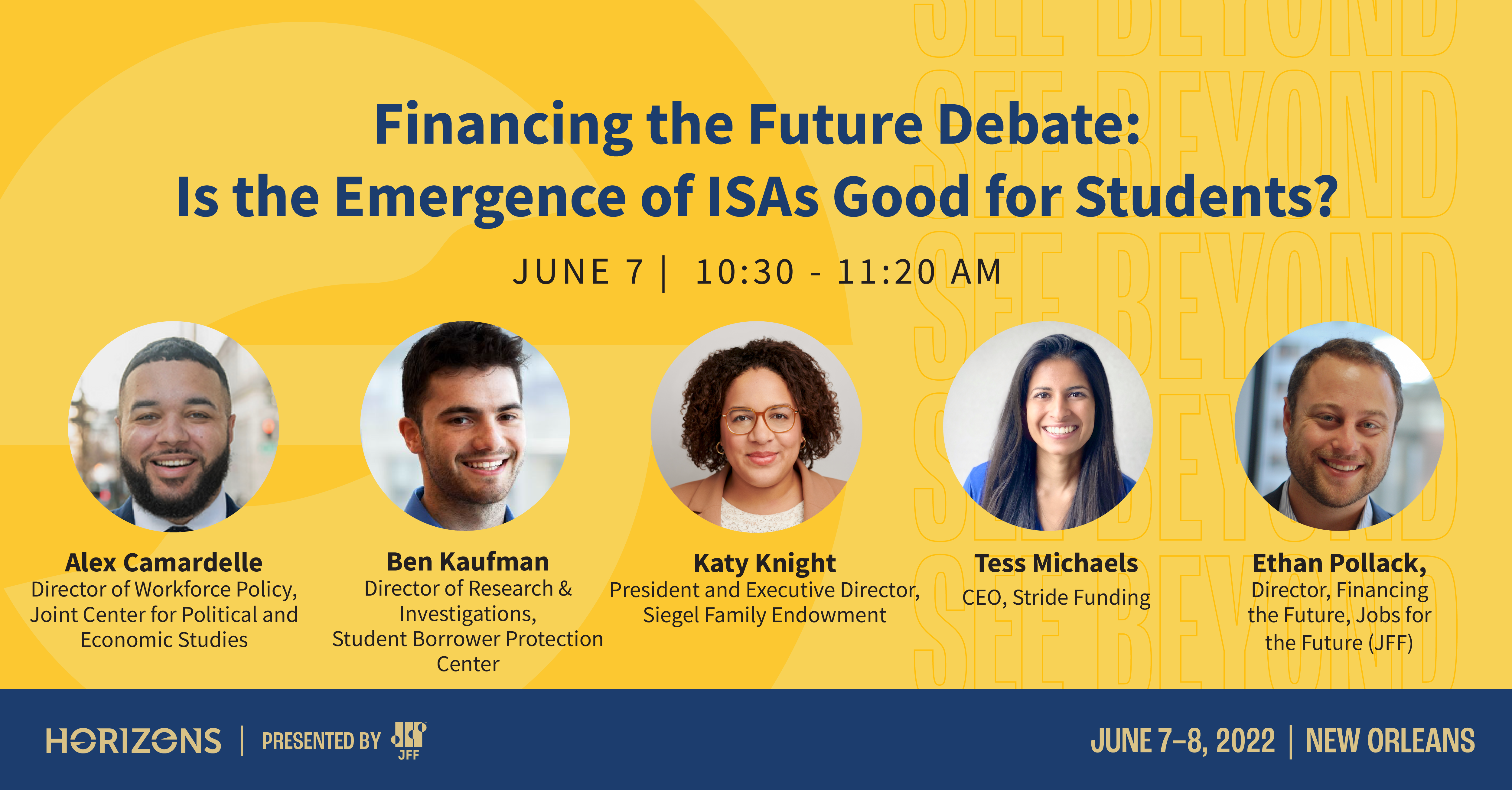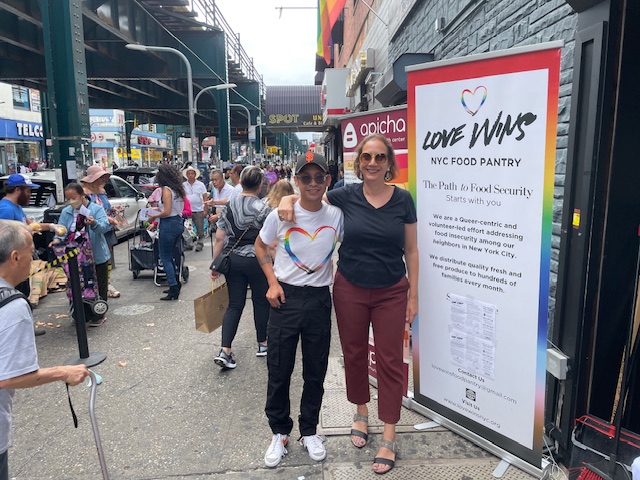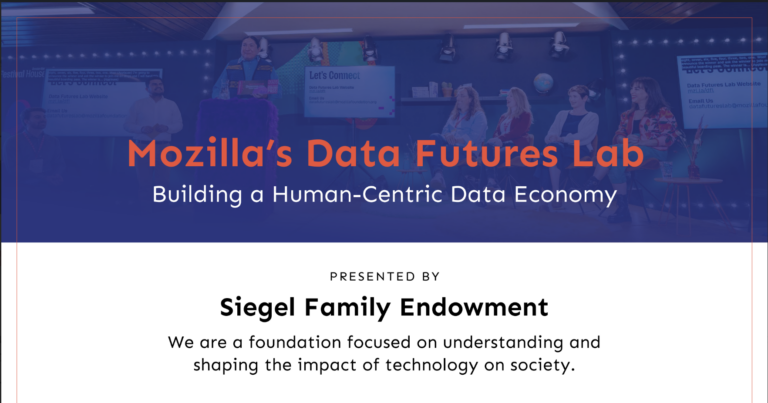
Last week, Jobs for the Future hosted their annual Horizons summit in New Orleans to explore new frontiers and innovations in everything work related – from education, to career development, to education financing, and more.
Siegel Family Endowment’s Katy Knight moderated a panel on the potential benefits, shortfalls, and as-yet unseen consequences of income sharing agreements, an emerging higher education and credential financing model intended to help students avoid incurring debt by asking them to pay back a set portion of their future earnings to their credentialing institution or training provider. Some of the benefits are straightforward and clear – learners are able to avoid predatory or high-interest education loans, which are often subject to complex repayment rules and conditions that can limit choices and options. But the potential drawbacks are highly nuanced, as new financing instruments are mostly unregulated and without consumer protection oversights, which can make them feel like a risky alternative. And issues related to their efficacy in addressing systemic problems of equity and inclusion abound, calling into question whether they’re any better than traditional student loans in the first place.
Opinions about the widespread adoption of these types of income sharing agreements are diverse, and the participating panelists represented a range of different perspectives, fields of practice, and areas of specific expertise. They included:
- Alex Camardelle, Director of Workforce Policy, Joint Center for Political and Economic Studies
- Ben Kaufman, Director of Research & Investigations, Student Borrower Protection Center
- Tess Michaels, CEO, Stride Funding
- Ethan Pollack, Director, Financing the Future, Jobs for the Future (JFF)
Together, the panelists explored possible common ground, points of contention, and a range of nuanced conceptions about what works, what doesn’t, and who stands to benefit most from thinking more expansively and creatively about financing higher education and credentialing. We’ve pulled together highlights from the panel below.
Income Share Agreements aren’t a panacea for the ills of the education financing industry – but they can play an important role in challenging the current system.
There’s no doubt that our current system for funding higher education is not working for everyone. Spiraling tuition, high interest rates, variable degree completion rates, and credentials of limited or unclear value make traditional student loans a less tenable solution for more and more students. These factors combine to limit the accessibility and equity of the higher education system, and throw the question of paying for an education or program up front into question. At their best, income sharing agreements challenge this structure and promise to make post-secondary education more accessible, affordable, and equitable than ever before. While opinions differ widely on their efficacy, panelists agreed that ISAs will never be able to address the myriad issues facing higher education today entirely on their own. It’s also important to consider these agreements as part of a process of incremental systems change, and just one more option that may suit the needs of some students better than traditional financing schemes.
The diversity of different types of agreements makes it difficult to manage and judge the success of ISAs according to a meaningful standard.
Most income sharing agreements are specific to the institution that hosts them, and it’s difficult to assess the overall merits of a field that’s so variable and multifaceted. Panelists saw this level of variance as both a good and a bad thing: because ISA’s aren’t monolithic, it’s more likely that a student will be able to find a program that matches their specific needs. But by the same token, that degree of variability makes it difficult to gauge the value of a program – and non-degree programs are especially difficult to assess. Because these types of agreements are so new, and because there’s so much variance across the field, most ISAs are unregulated by consumer protection oversight services – a risk that significantly limits the equitability and access of programs like these.
Financing is only a part of the bigger picture, and ensuring equitable long term outcomes in higher education and credentialing will require more from all stakeholders.
There’s a lot that service providers and education programs can do to address some of the most urgent needs around equity, access, and the potential shortcomings of programs backed by income sharing agreements.
- Provide clear and concise disclosure language about the agreement’s specific terms and conditions. Plainspoken and accessible descriptions of terms and legal constraints can help students better understand the terms of the programs that they sign on to.
- Track student outcomes for factors like wage growth, health coverage, and job quality over long time horizons. This kind of mapping and data collection can help bolster the legitimacy of ISA-backed programs, and demonstrate clear pathways to success.
- Focus on retention. A significant portion of students across higher education don’t complete their programs – and if income sharing agreement-backed programs can develop a strong and proven way to support these learners, there’s enormous potential for system-level change.
We left this conversation and Horizons overall even more thoroughly committed to investing on the evidence base for ISAs, and centering students as key stakeholders in their development. We look forward to continue sharing what we’re learning.





